
AeroGenie: il tuo copilota intelligente.
Tendenze
Categories
Envoy Air Receives New Embraer Jet
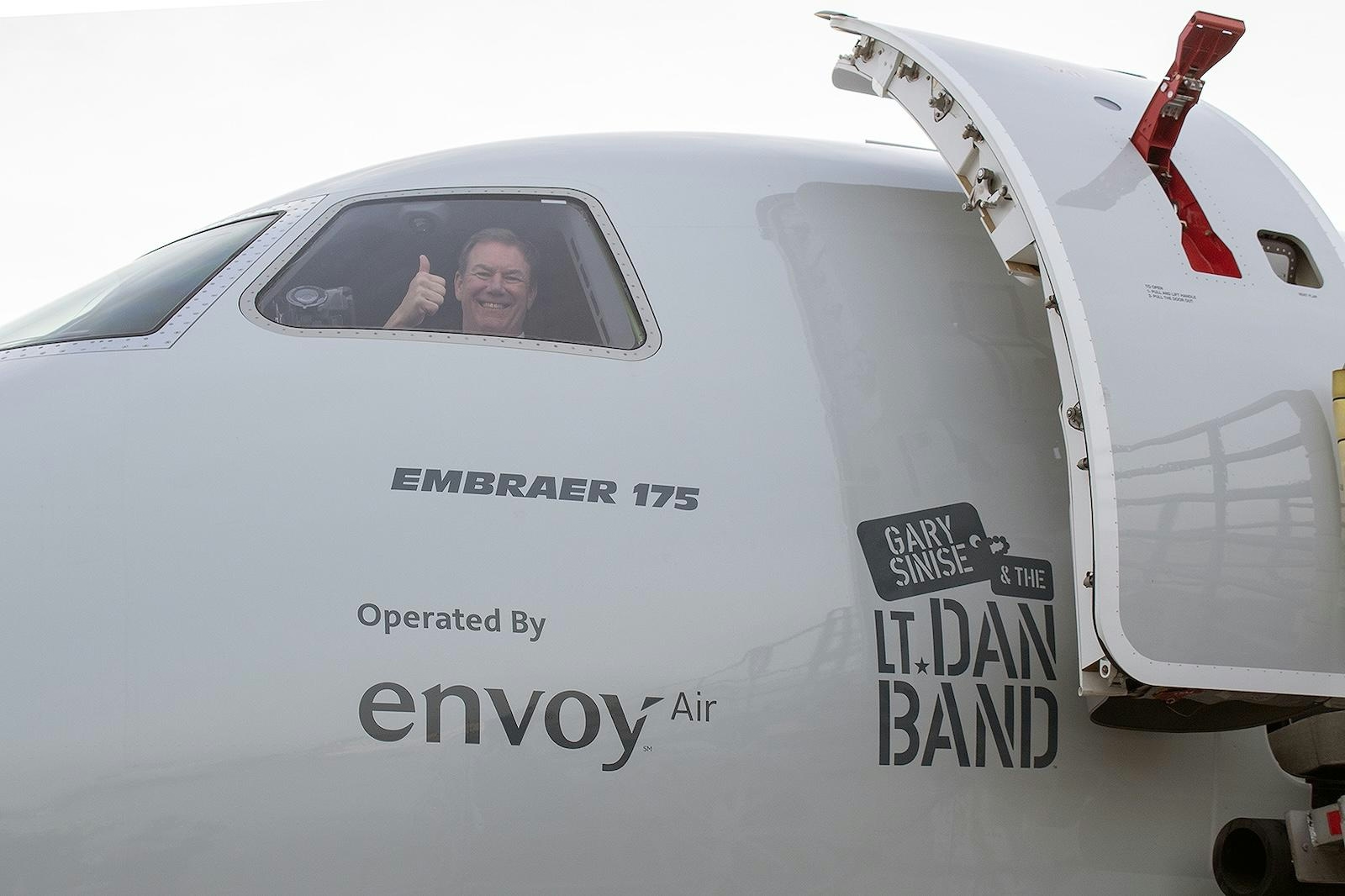
Envoy Air Expands Regional Fleet with New Embraer E175 Jets
Envoy Air has announced the acquisition of 33 new Embraer E175 aircraft, signaling a substantial expansion of its regional fleet. This strategic move arrives amid a period of intensified competition and evolving operational strategies within the airline industry, as carriers strive to adjust to shifting market dynamics and emerging challenges.
Operational Implications and Industry Response
The integration of the Embraer E175s into Envoy Air’s existing operations presents a complex set of opportunities and challenges. The airline must navigate potential issues related to maintenance expenses, regulatory compliance, and the smooth assimilation of the new jets into its current network. These factors are critical, as they may influence operational efficiency and long-term profitability, particularly in an environment where airlines face increasing scrutiny over safety protocols and environmental standards.
The announcement has elicited prompt reactions across the industry. Analysts suggest that Envoy Air’s fleet enhancement could intensify competition among regional carriers, compelling rivals to reconsider their own fleet development plans. For instance, competitors such as All Nippon Airways (ANA) may expedite the introduction of Embraer E190-E2 aircraft to match Envoy’s expanded capacity and service capabilities. This heightened competition is expected to drive strategic adjustments in pricing and route management as airlines seek to protect or expand their market share.
Industry Context and Future Outlook
The broader airline sector is currently contending with economic uncertainties and fluctuating consumer demand, factors that are influencing both immediate and long-term strategic planning. Recent financial reports from major carriers have highlighted margin pressures and downward revisions in forecasts, underscoring the challenges faced by the industry. Experts caution that while the addition of new aircraft like the E175s offers potential benefits, careful management is essential to prevent increased cost burdens or operational disruptions.
Nonetheless, some industry observers maintain a cautiously optimistic view regarding growth prospects. They argue that focused investments in fleet modernization, exemplified by Envoy Air’s recent acquisition, could position airlines to capitalize on anticipated rebounds in demand and shifting passenger preferences. Success, however, will depend on the ability to effectively manage regulatory requirements, control costs, and respond strategically to competitive developments.
As Envoy Air advances with its fleet expansion, both the airline and the wider industry confront a challenging environment. The forthcoming months will be pivotal in testing carriers’ capacity to adapt, innovate, and sustain resilience amid ongoing market fluctuations and competitive pressures.
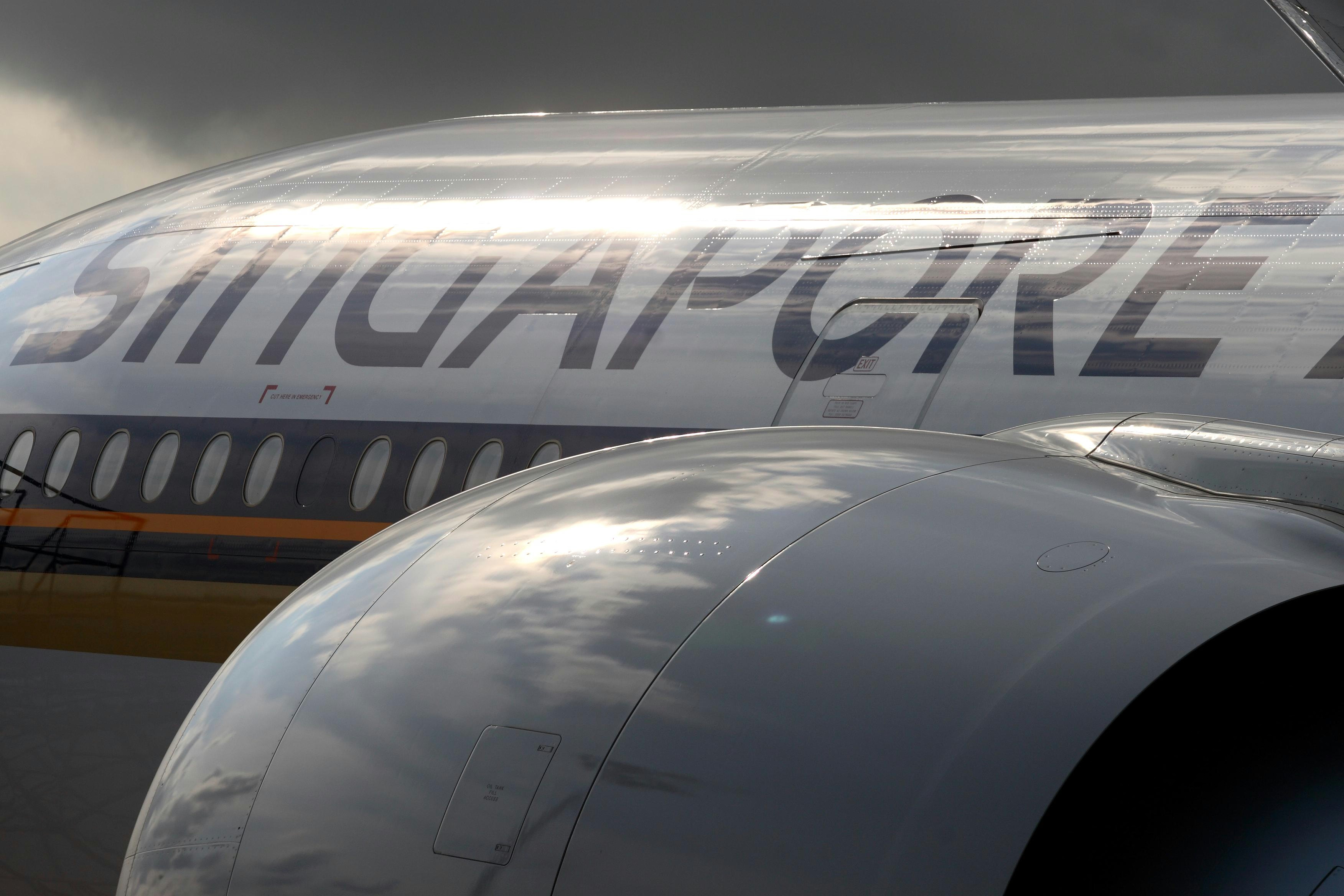
Singapore Airlines Partners with OpenAI to Enhance Customer Experience and Operations

Amadeus Partners with ICAO to Advance Biometrics and Digital Identity in Aviation
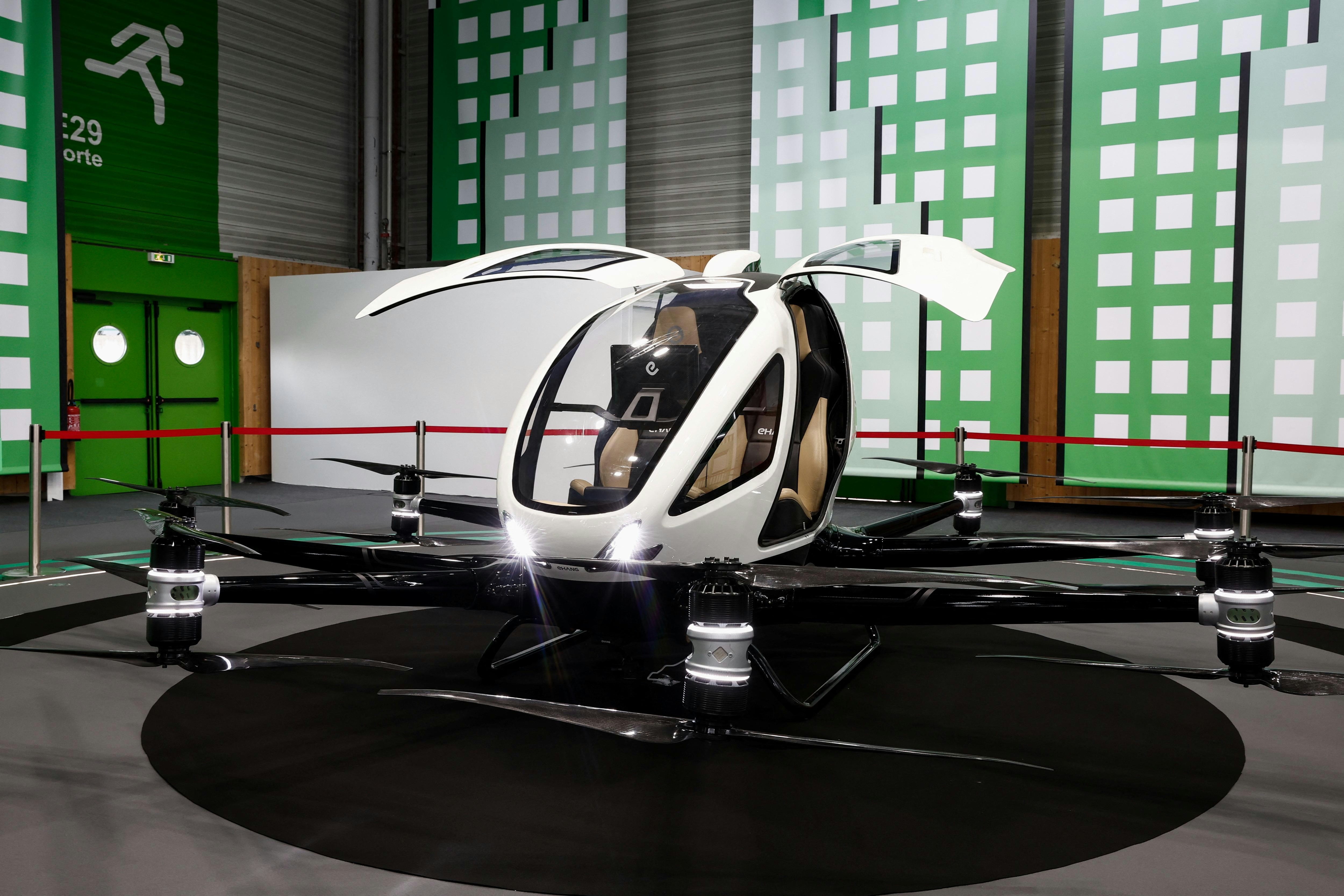
Expert Predicts Thousands of Passenger and Cargo Drones in Hong Kong Skies Within a Decade
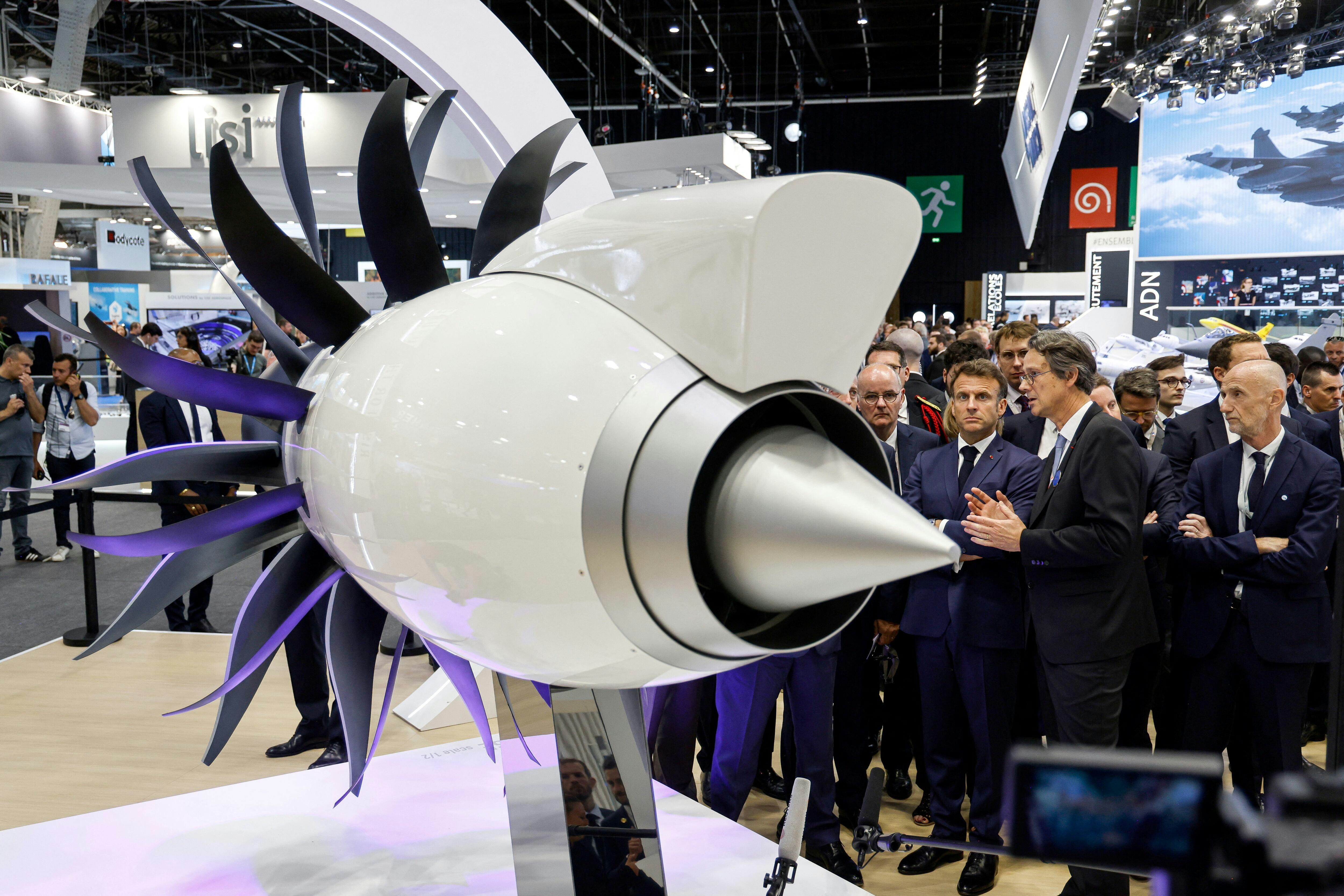
Safran S.A.: Growing Interest from Aviation Experts and Wall Street

Amazon and Boeing Executives Launch Sustainable Aviation Accelerator
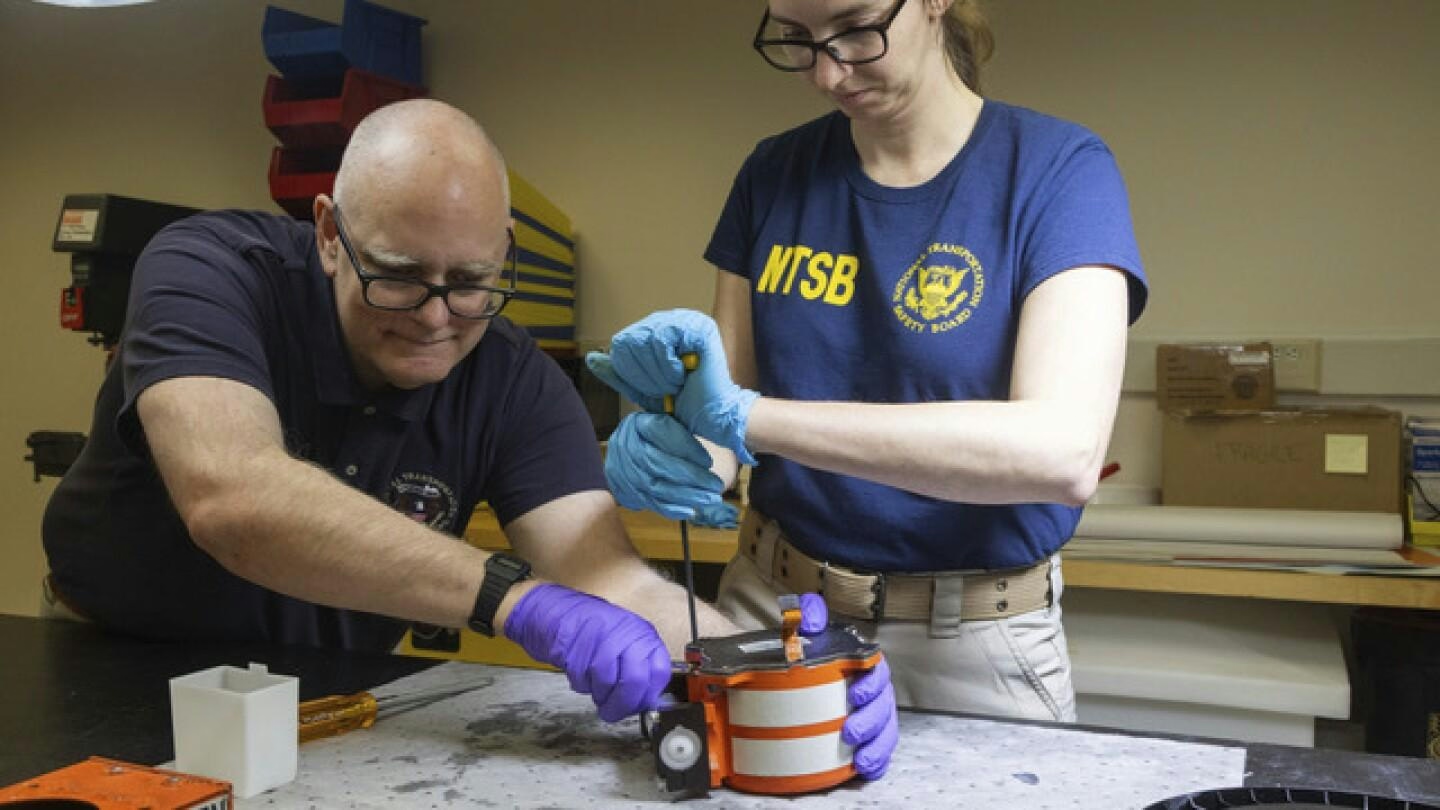
Beyond the Black Box: Why Explainability Is Becoming Aviation’s New Safety Standard
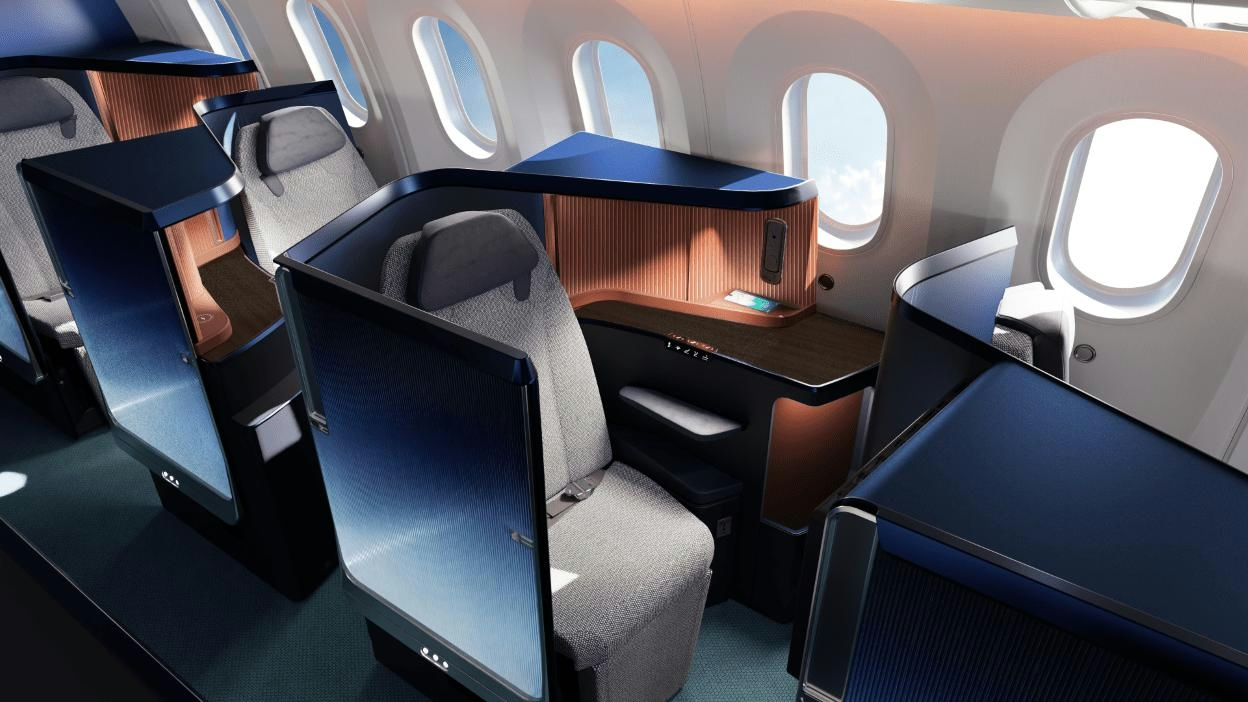
Long-Haul Airlines Transform Business Class on Narrowbody Aircraft
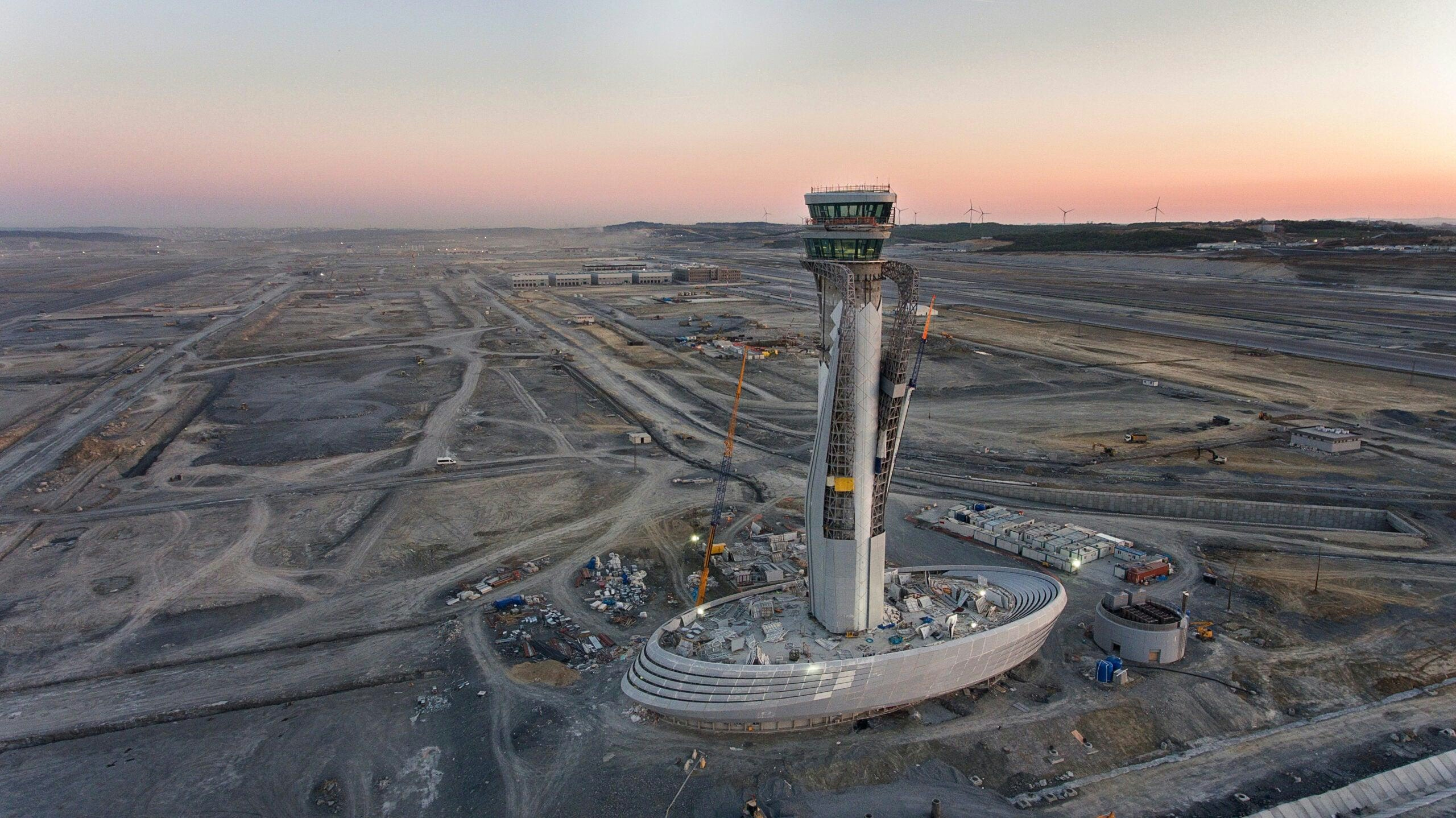
Turkish Airlines invests $2.3bn to expand Istanbul Airport hub
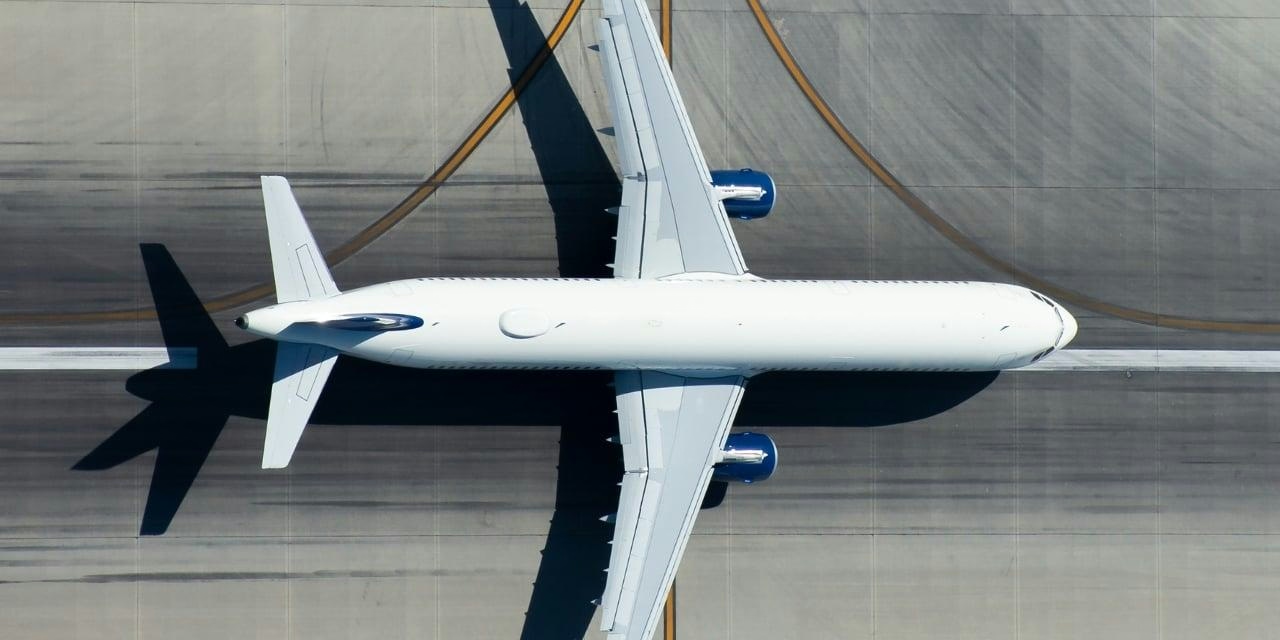
Impact of Current and Future Trade Measures on Aviation and Related Industries
